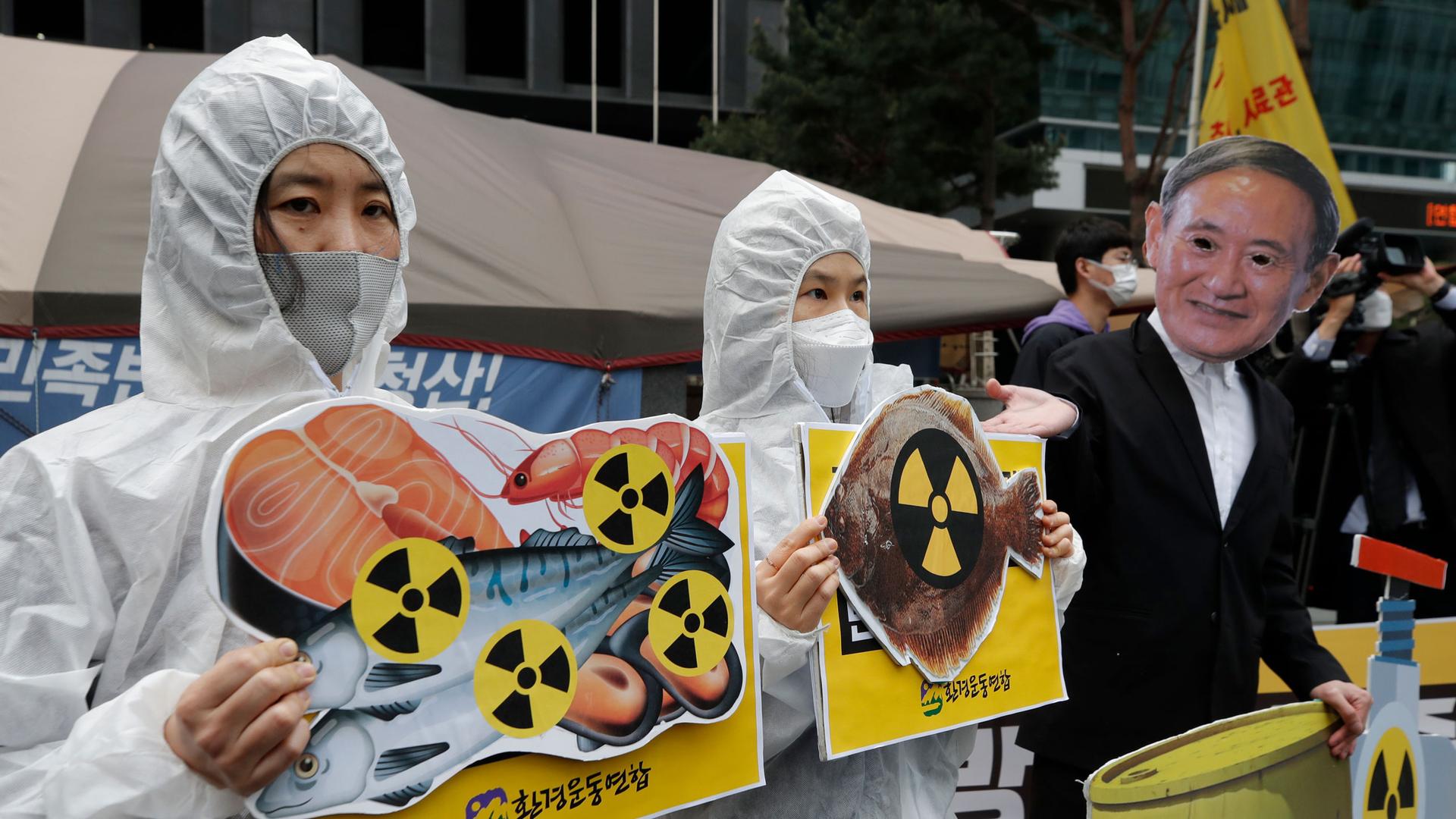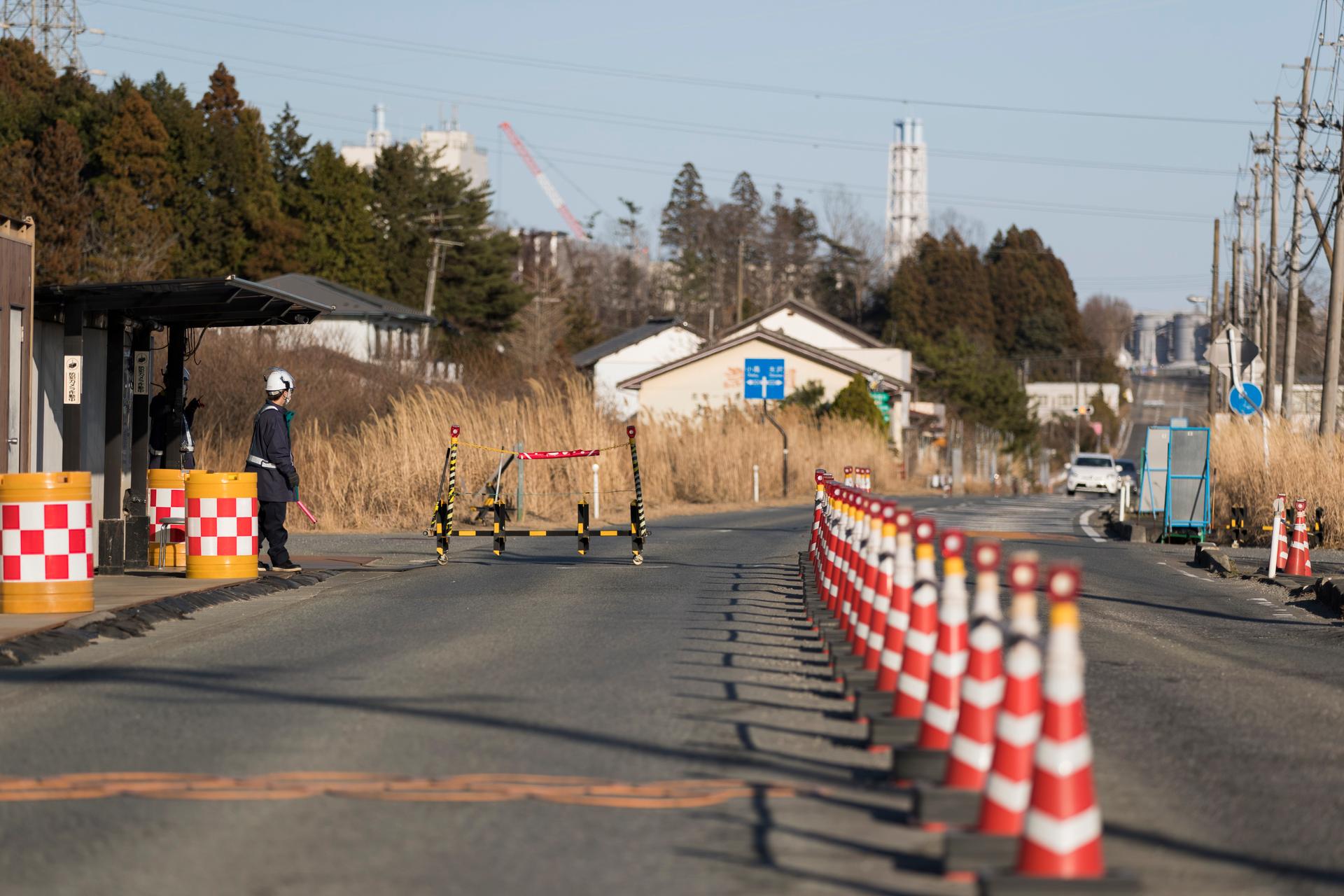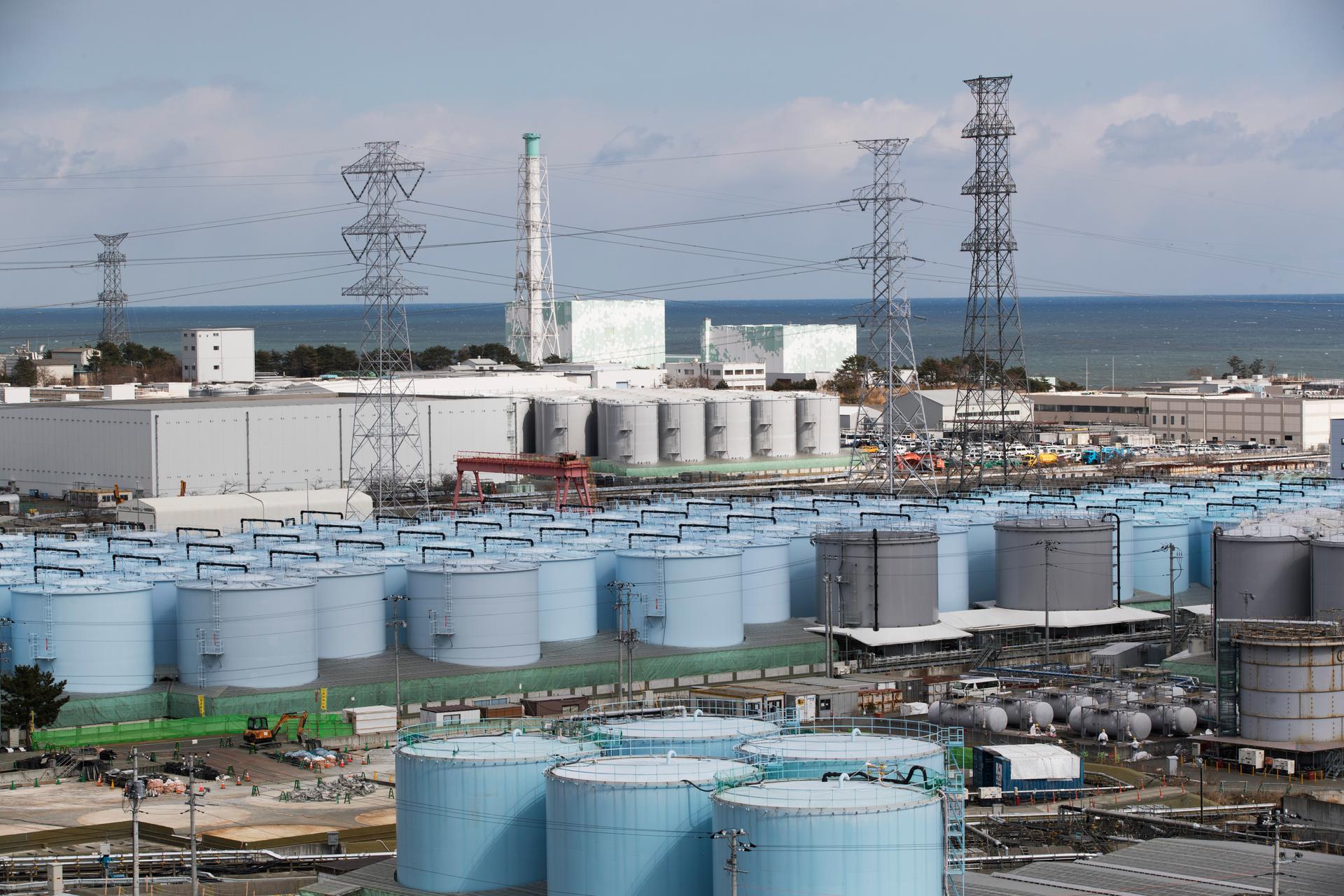Fukushima Daiichi nuclear disaster
This Japanese woman never gave up on her hometown. Even after the tsunami
Tomoko Kobayashi is one of the few residents who keeps coming back to the town of Odaka in Japan every day. Residents there were ordered to evacuate after the tsunami hit Japan in 2011. Tomoko hopes to help preserve the town for future generations.
Science reporter Miles O’Brien on the Fukushima cleanup, irradiated fish and losing his arm on assignment
Three years after the tsunami-induced meltdown at Japan’s Fukushima Daiichi nuclear power plant, PBS NewsHour correspondent Miles O’Brien talks about the continuing contamination crisis, and the accident that caused him to lose his arm.Three years after the tsunami-induced meltdown at Japan’s Fukushima Daiichi nuclear power plant, PBS NewsHour correspondent Miles O’Brien talks about the continuing contamination crisis, and the accident that caused him to lose his arm.
One lesson of the Fukushima nuclear meltdown is that Japan’s culture needs to change
Three years after the triple meltdown at Japan’s Fukushima Daiichi nuclear power plant, neither local communities nor the country’s economy have fully recovered. And one critic says Japan won’t be safe again until it’s made some fundamental changes in its culture.Three years after the triple meltdown at Japan’s Fukushima Daiichi nuclear power plant, neither local communities nor the country’s economy have fully recovered. And one critic says Japan won’t be safe again until it’s made some fundamental changes in its culture.
In a post-Fukushima shift, Japan’s government charts a path back to a nuclear future
Japan’s prime minister has unveiled a plan to restart the country’s nuclear energy program almost three years after the Fukushima disaster. But given the country’s deep divide over nuclear power, the plan is short of specifics and retains a commitment to developing renewable energy sources.
Fukushima is casting a shadow on Japan and the Warsaw climate meeting
Japan has announced that it won’t meet the climate pollution reduction targets it agreed to under the landmark Kyoto Protocol, negotiated on its own soil in the 1990s. The reason? Fukushima has shut down its nuclear power industry.


